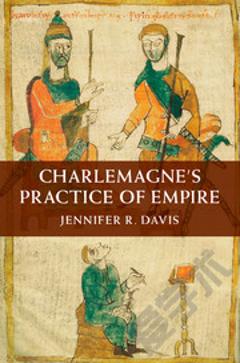The Age of Charlemagne
During the tenth century and the first half of the eleventh the German kings, who as the protectors of the church were consecrated to be emperors of Rome, strove to realize, partly in league with the church and partly by forcing it to serve them, the ideal of universal sovereignty which presented itself to the imagination of their age. After frequent delays and occasional reverses, and after their very existence had more than once been endangered, they had at last approached so near to their goal that its complete attainment seemed certain, when a two-fold revolution overwhelmed them. One of the two movements was Within the church, beginning with its head and extending downward, and aimed to Secure the utmost centralization of authority in the hands of one person. The other was in the Ger man state, beginning in the lower ranks of society and extending upward; and its purpose was the destruction of the kingly power, which had so strengthened itself as to become hereditary. In the period of the strife about the right of investiture, the church not only freed itself from the dominion Of the German state, but engaged in religious, political, and social conflicts with the latter. Thus the foundations of the state's authority were overthrown and its lasting recovery made impossible. Henceforth the hierarchical papacy stood beside the empire, competing with it for the sovereignty of the world.
{{comment.content}}








 京公网安备 11010802027623号
京公网安备 11010802027623号